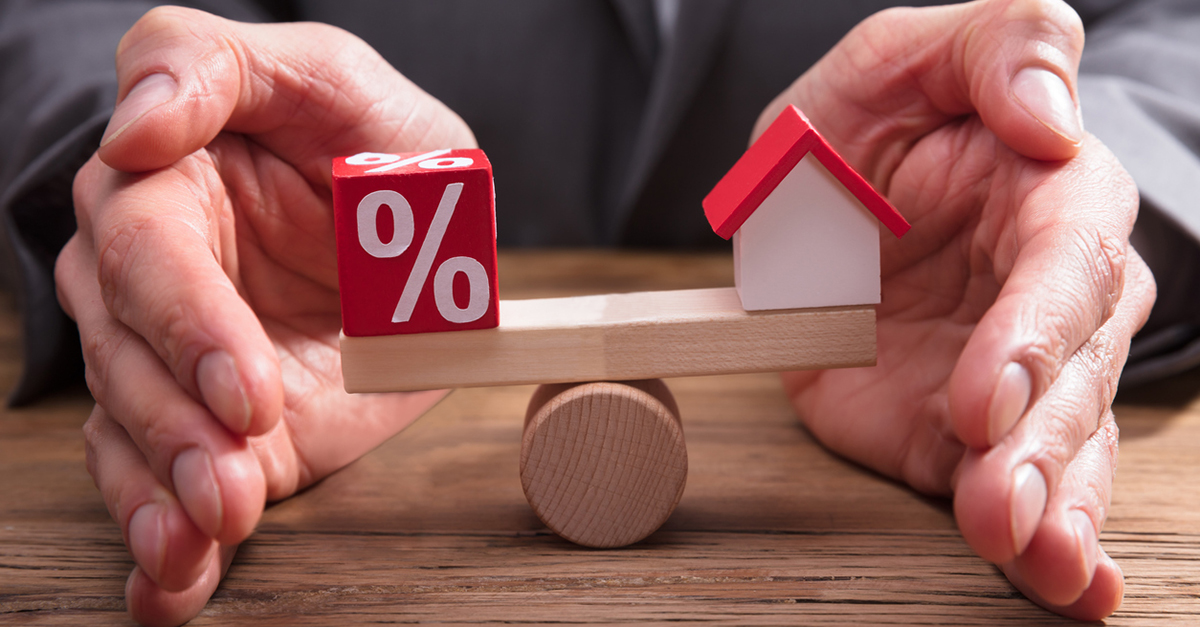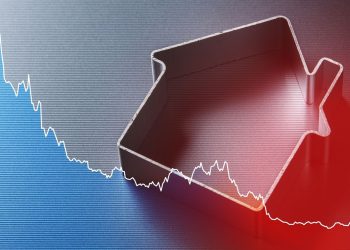Compared to past years, there is a deeper link between home prices and rates today, according to new research by Zillow.
Fifty-eight percent of respondents to the latest Zillow Home Price Expectations Survey believe the connection between home prices and rates is “sensitive” more so than in past periods when rates shifted. More than 100 economists and experts participated in the quarterly survey.
As the economy and housing market recovered, interest rates rose and withdrew. The average 30-year fixed mortgage rate is 4.45 percent today, according to Freddie Mac—a departure from 3.99 percent the prior year, but aligned with the average for 2018, which was 4.5 percent. Analysts are predicting rates to surpass 5 percent this year.
“Historically, small movements in mortgage rates have not dramatically shifted the housing market,” says Aaron Terrazas, senior economist at Zillow. “During previous periods of rising rates—in the mid-1990s and mid-2000s—the housing market remained strong, buoyed by a strong labor market and, in the latter case, by lax lending standards.
“That pattern may not repeat itself,” Terrazas says. “There are strong reasons to believe that the housing market is more responsive to changes in interest rates than in the past—accelerating when rates drop and slowing when rates rise. Mortgage rates hit seven-year highs in November, but then fell back in December. If they remain low during the early months of 2019, the housing market could see a modest reacceleration.”
Beyond interest rates, analysts also believe first-time homebuyers will continue to be a force in the housing market, either by extensive inroads or on par with recent years. (According to the National Association of REALTORS®, 33 percent of home sales in November were to this segment).
Importantly, the majority of respondents believe investors will “somewhat” or “substantially” subside this year. In the spring of 2018, institutional investors accounted for only 2 percent of transactions, according to ATTOM Data Solutions.
If the expert predictions prove valid, one indicator could significantly strengthen: the homeownership rate.
“Expectations of higher activity among first-time buyers this year, coupled with projections for diminished activity among individual and institutional investors, are contributing to a favorable outlook for the U.S. homeownership rate,” says Terry Loebs, founder of Pulsenomics, which collaborated with Zillow on the survey. “Despite recent price and rate increases, more than eight in 10 experts believe that homeownership in this country will be higher two years from now, and within five years, that it will eclipse the historical average level.”
According to Census estimates, the homeownership rate rose to 64.4 percent in 2018, which is close to the 65 percent historical trend.
For more information, please visit www.zillow.com.
 Suzanne De Vita is RISMedia’s online news editor. Email her your real estate news ideas at sdevita@rismedia.com.
Suzanne De Vita is RISMedia’s online news editor. Email her your real estate news ideas at sdevita@rismedia.com.











